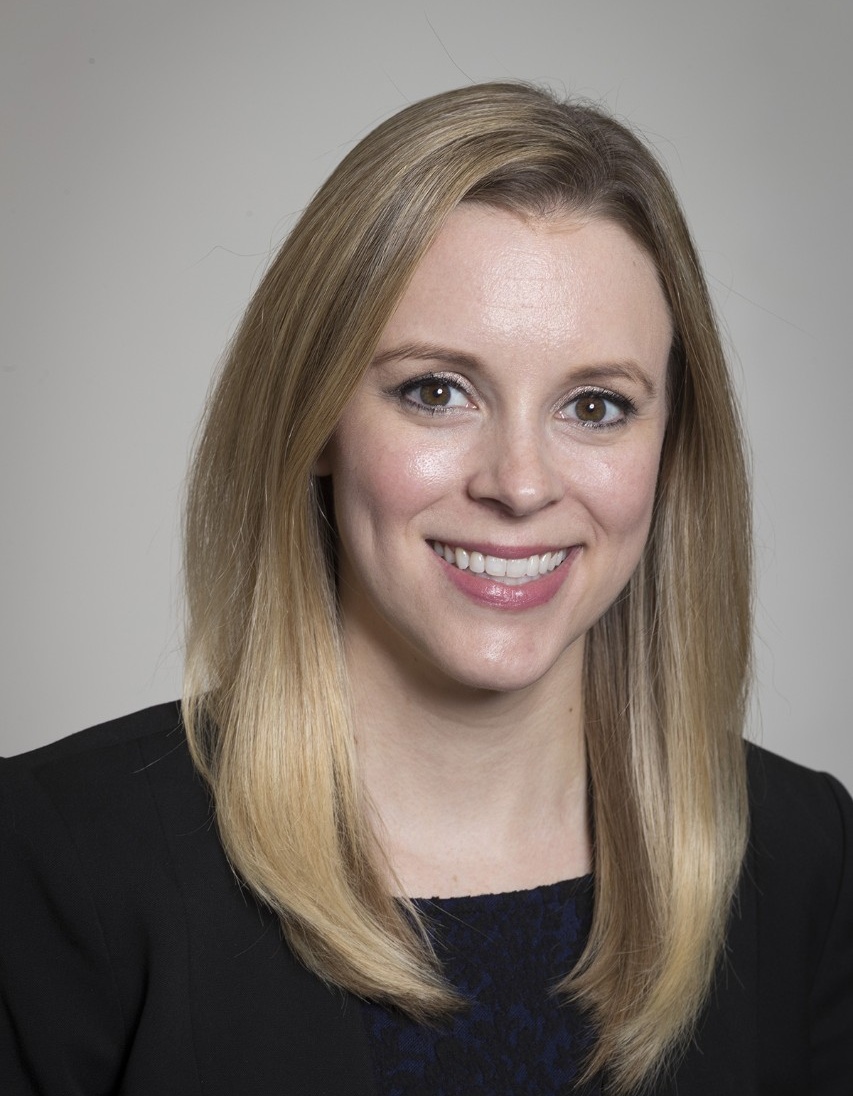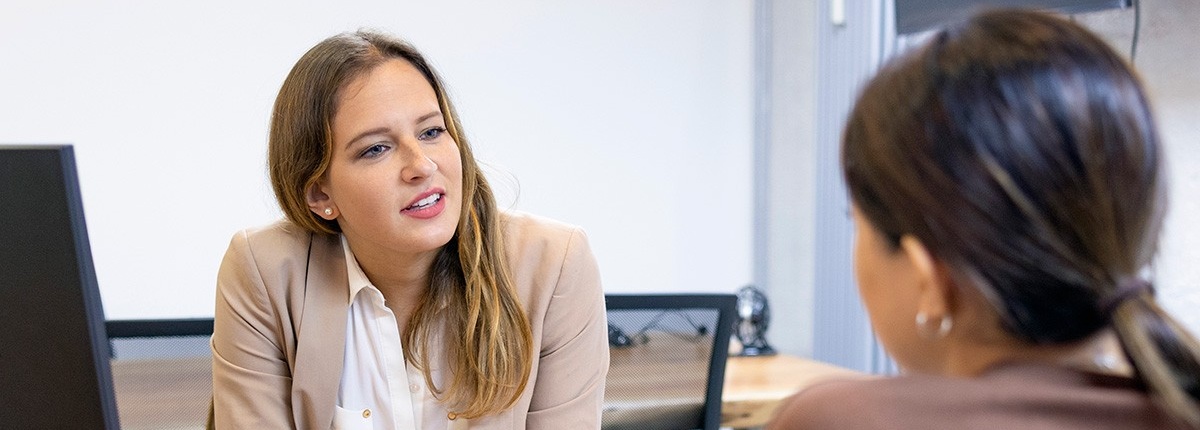Insights
News about faculty and their research
On this page:
Take the plunge and invest in weird


— Emily Grijalva, associate professor of organization and human resources, on her study that explores the link between investor funding and perceived weirdness, using pitches given by entrepreneurs from the five most recent seasons of the popular television show “Shark Tank.” The study finds that being unapologetically weird can be both an advantage and a liability, and interpersonal warmth is key to leveraging advantages and disadvantages. The study appeared in Personnel Psychology. Read more about Grijalva's study.
In business, all losses are not alike


— Feng Gu, chair and professor of accounting and law, on his study that found that Generally Accepted Accounting Principles mask the true value of companies by marking investments in intangibles like technology, brands and human capital as losses. The research appeared in Review of Accounting Studies. Read more about Gu's study.
Servant leaders are better for the bottom line


— James Lemoine, associate professor of organization and human resources, on his research that found that moderate increase in servant leadership can have a significant effect on an organization’s revenue: a one-point increase in servant leadership scores (on a seven-point scale) resulted in $11.3 million in additional revenue for the company, about a 6% increase. The research appeared in Personnel Psychology. Read more about Lemoine's study.
How to make flights more punctual


— Milind Sohoni, chair and professor of operations management and strategy, on his study that found operational changes — such as efforts to reduce travel time, increase boarding efficiency and minimize gate-related delays — are the best way to improve airline on-time performance. The research appeared in Production and Operations Management Society. Read more about Sohoni's study.
Applying game theory to the front lines


— Kyle Hunt, assistant professor of management science and systems, on his research that analyzed how strategy can protect against adversarial threats and found attacker-defender games have a wide range of use, including infrastructure and asset protection, inspection and screening, and patrolling. The study appeared in the European Journal of Operational Research. Read more about Hunt's study.
A controversial SEC rule did little to rein in excessive CEO pay


— Lawrence Sanders', professor of management science and systems, on the CyberCorps: Scholarship for Service program, which UB has run since 2008 to train the next generation of cybersecurity experts. The program has graduated more than 45 scholars who work for the FBI, CIA, Department of Homeland Security and several other agencies. Sanders is co-principal investigator on the project, which received an additional $3.4 million from the National Science Foundation in August. Read more about the program.
Didn’t finish your daily to-do list at work? Don’t dwell on it


— Min-Hsuan Tu, assistant professor of organization and human resources, on her study that provides a comprehensive picture of how after-work thought processes can impact day-to-day goals. Published in the Journal of Applied Psychology, the study offers practical insight for managers seeking to support and retain employees. Read more about Tu's study.
Knowledge is power: Early disclosure of risks can reduce decline in stocks


— Szu-Yin “Jennifer” Wu, clinical assistant professor of finance, on her research examining the impact of risk factor disclosures that the SEC has required since 2005, finding that practitioners can reduce large negative events, such as Enron’s financial collapse when management hid financial losses, through early disclosure. The study was published in the Journal of Accounting and Public Policy. Read more about Wu's study.
Pension bailouts lead to opportunistic behavior


— Michael Dambra, associate professor and Kenneth W. Colwell Chair of Accounting and Law, in a new working paper that examines how collectively bargained pension plans respond to cash bailouts. Particularly after the 2021 American Rescue Plan Act, the bailouts have negatively affected the management and administration of multiemployer pension plans. Read more about Dambra's study.
The business value of IT investment


— Winston Lin, professor of operations management and strategy, on his study that analyzed the IT productivity paradox, a slowdown in productivity growth that occurred in the ’70s and ’80s despite rapid IT development, that remains in some developed countries. The research appeared in Asia Pacific Management Review. Read more about Lin's study.


